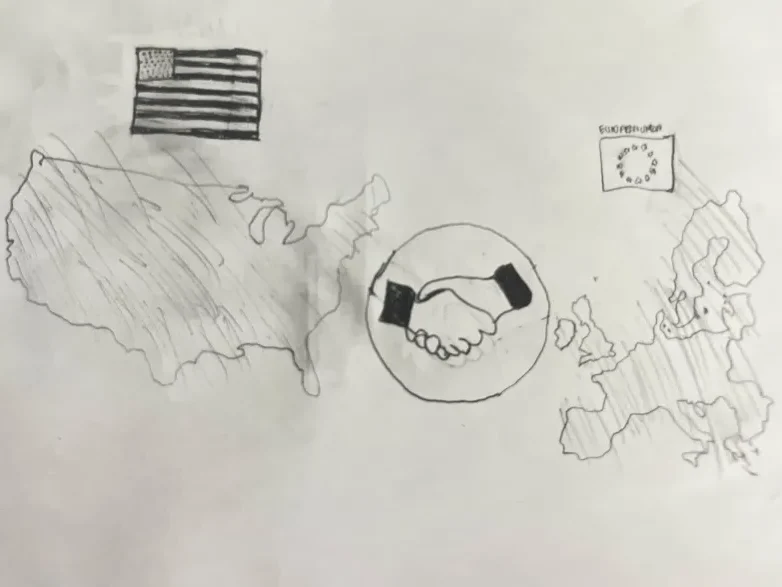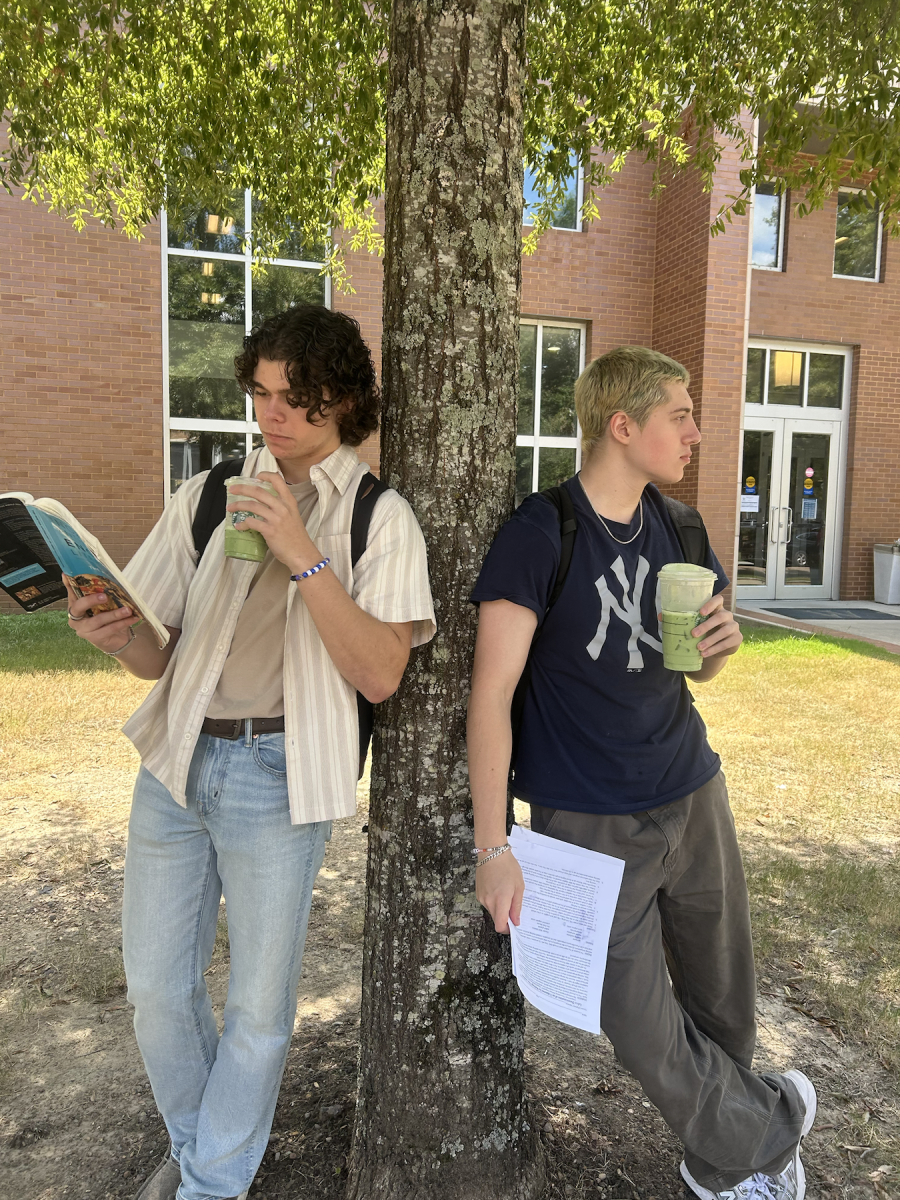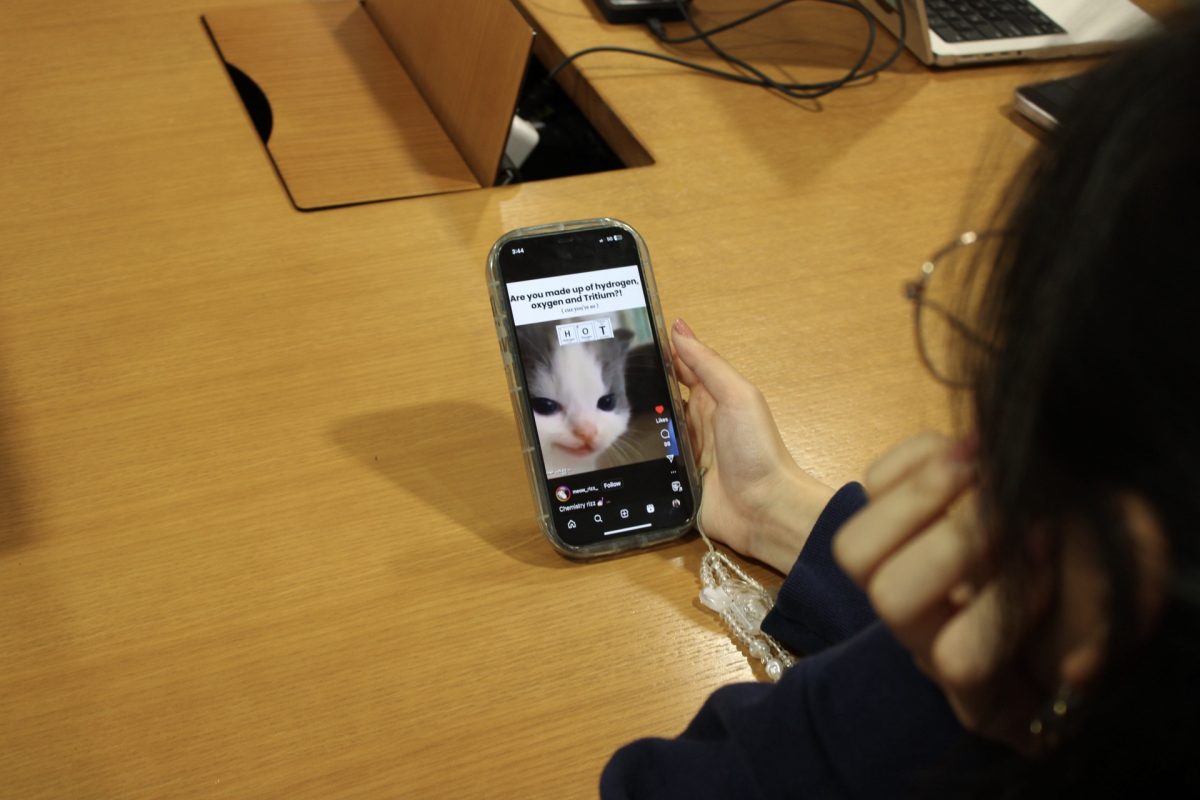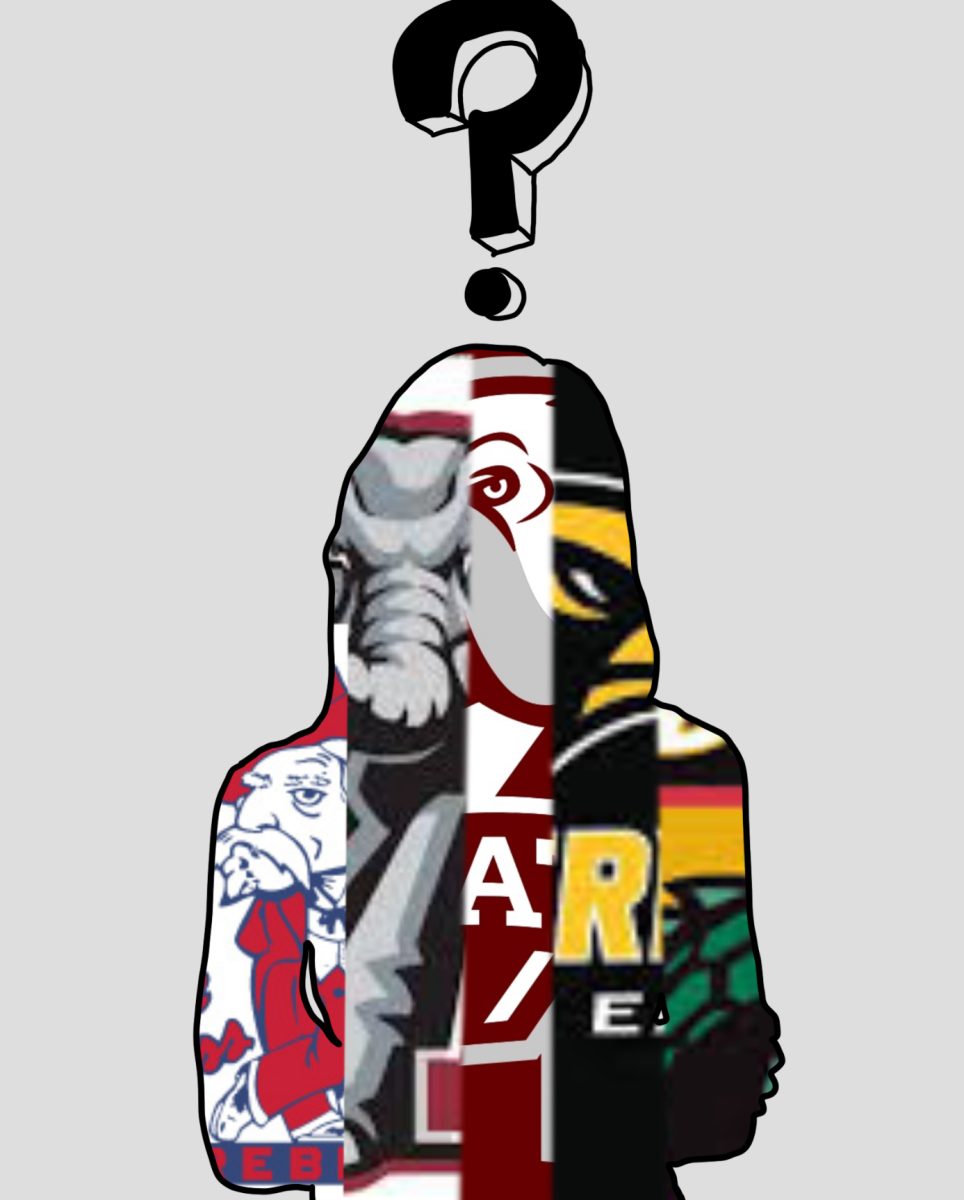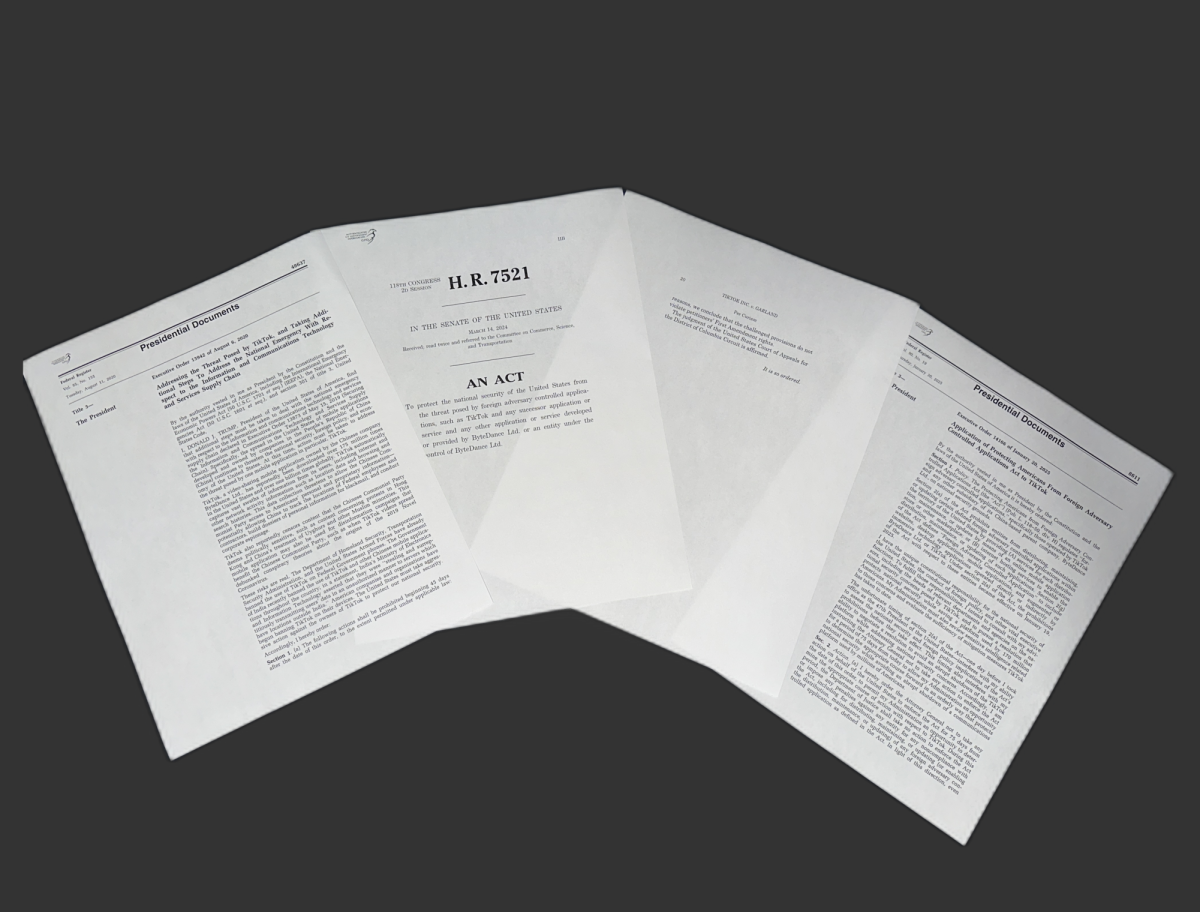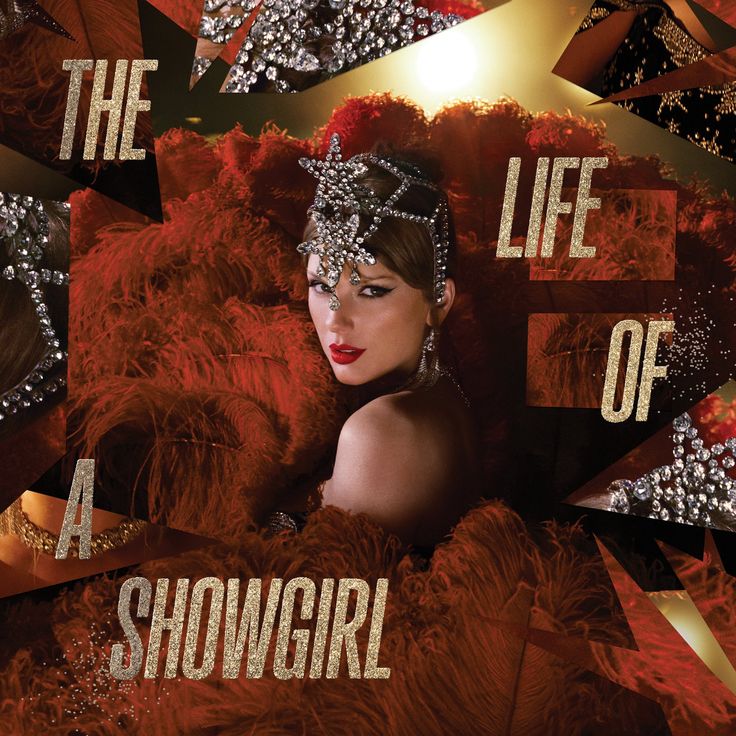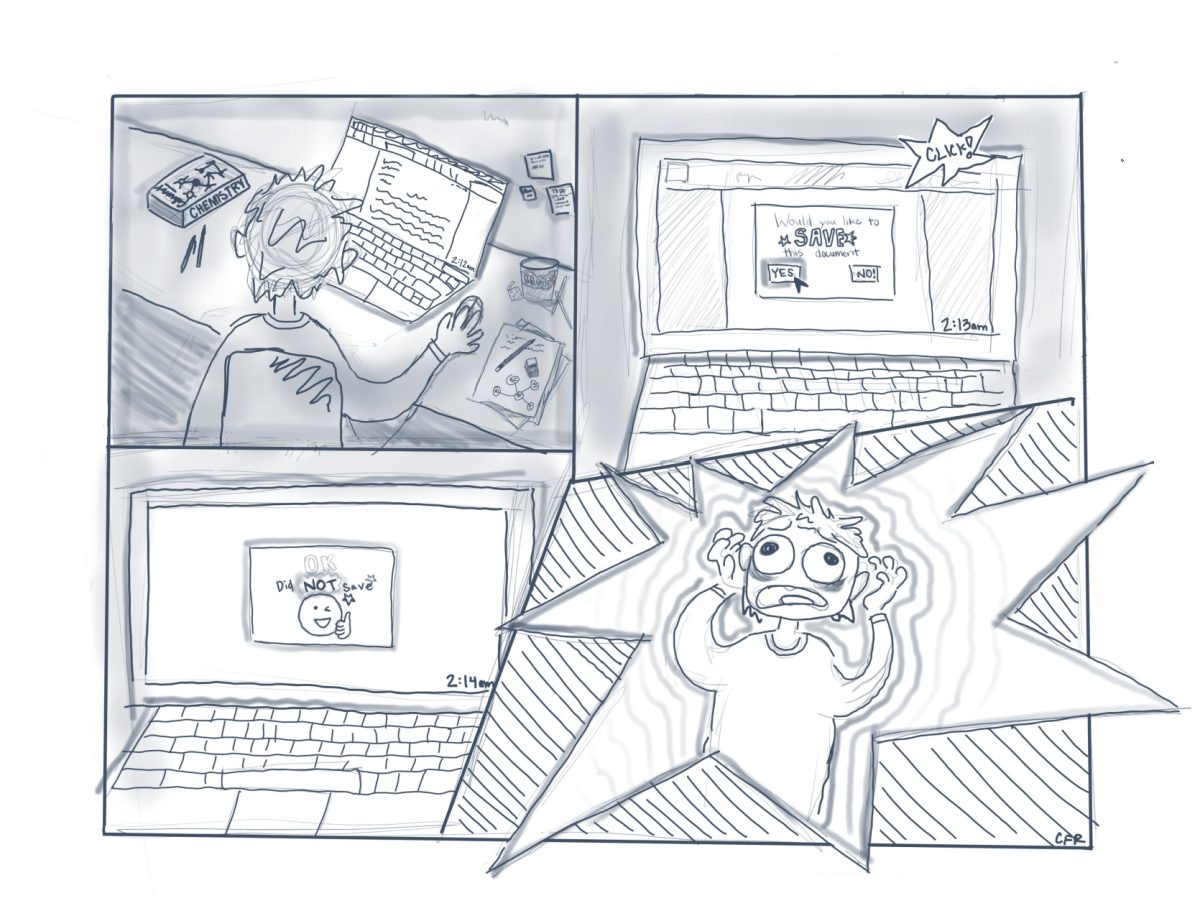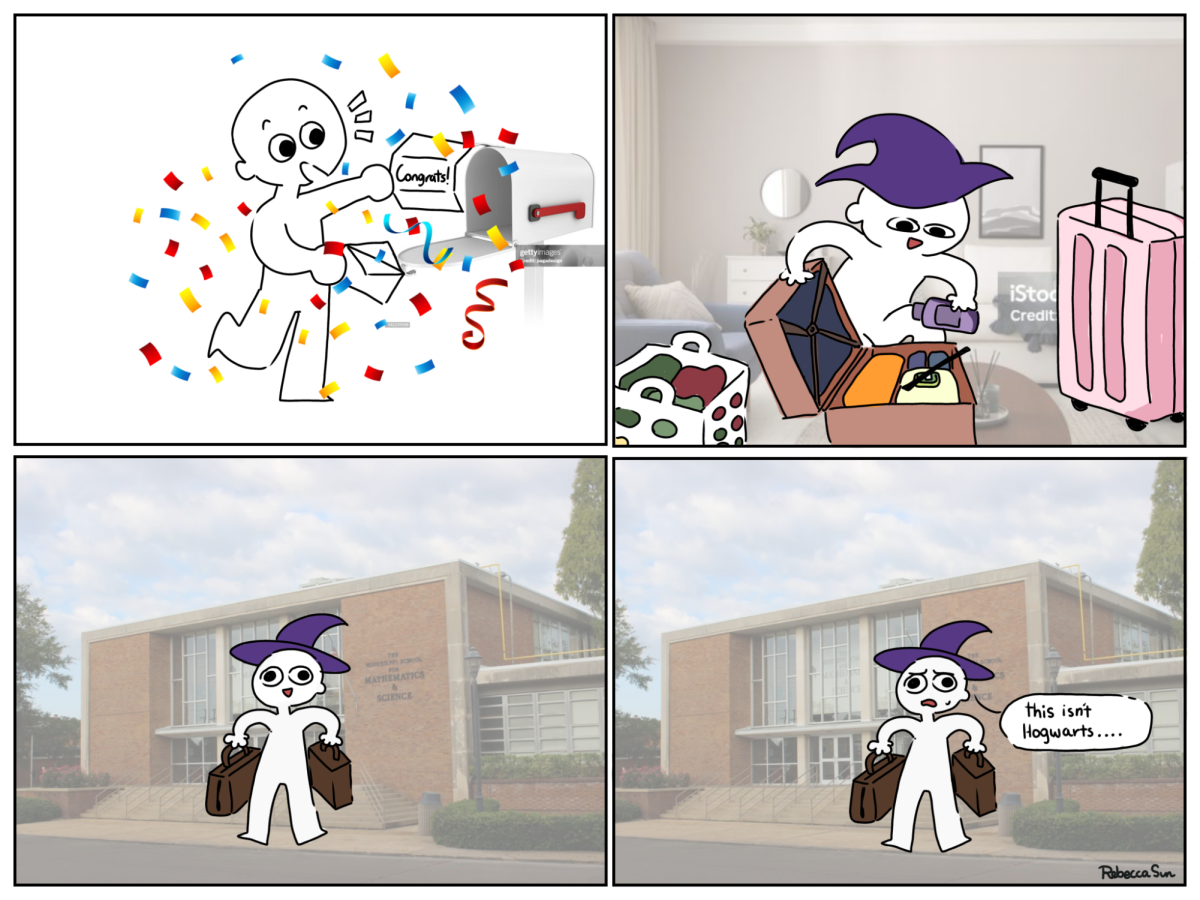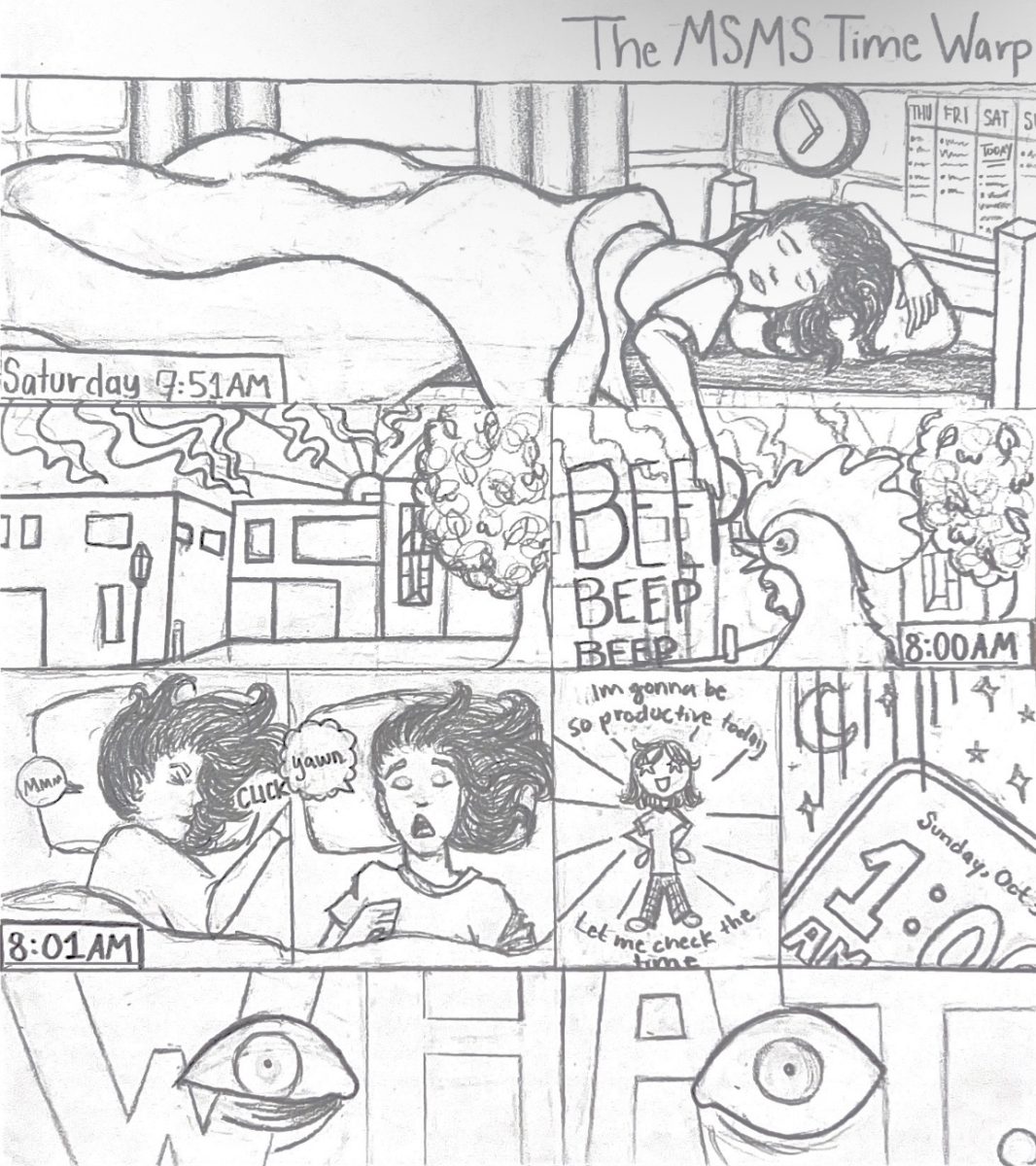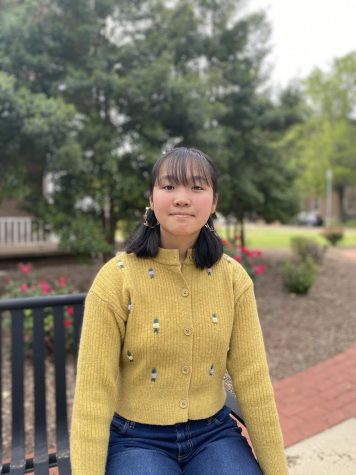I sat down with my sophomore algebra teacher a couple of weeks ago to catch up over milk and cookies. She asked me the dreaded questions every senior in high school hates to hear: “How’re college applications going? Do you know where you’re going yet?”
I winced into my cup of milk and tried to brush off the question.
“Not quite yet. It’s a long and hard process after all,” I said.
The sweet woman softened at my reaction and offered what she thought would be a comforting reaffirmation.
“At least now affirmative action has been overturned,” the woman said. “You’ll have a better shot of not getting your spot stolen by … others.”
She made a face, scrunched her eyebrows and pursed her lips. I realized she didn’t want to say exactly what I knew she meant.
By sitting in the old white woman’s home, by eating her cookies and drinking her milk, I felt like a traitor. She was referring to June’s ruling by the U.S. Supreme Court, which ruled affirmative action — the inclusion of race in college acceptance decision making — is unconstitutional.
I am a Vietnamese American girl with two immigrant parents living in the Deep South. When was I suddenly not included in this disdainful group of others muttered by white people in their suburban homes? I was an other when my parents spoke broken English to impatient store clerks. I was an other when people avoided my family because “we had COVID.” But when grades and ACT scores put me at the top of my class, how come I am no longer an other?
Asian Americans have seen the same ugly side of America as other minitories — similar racism and oppression. However, as soon as Asian Americans perform well in the fields white people have tried to monopolize, a flip is switched. Suddenly, we are no longer minorities — we’re then as good as whites.
A wedge is lodged between Asian Americans and other minorities, and it has grown for decades. We see proof of this in cases popping up across the country of Asians being grouped in with white people in performance statistics. We see this when people talk about Asians as a “model minority.” We are seeing this right now during the discourse surrounding the U.S. Supreme Court’s ruling on how the use of race-based affirmative action in college admissions is unconstitutional.
Headline after headline stratifies Asians from other minorities. My phone blows up with polarizing one-liners like “Blacks and Hispanics are taking spots from Asians and Whites” or “Less-Qualified Black and Hispanics Students Get In Over Overqualified Asians.”
Edward Blum, founder of Students for Fair Admissions, the organization whose lawsuit would eventually dismantle affirmative action, knew what he was doing here. In the original case against affirmative action, he cast Abigail Fisher, a white woman, to play his lead. After that case didn’t go as far as he hoped, a re-casting was in order; Asian Americans are the lead this time. By placing Asian Americans as the victim, Blum made it harder to brush off the case as a “racist power move.” He now has the backing of half the Asian American community.
Asian Americans are being used, and all we can do about it is stand by other minorities regardless.
Affirmative action is fair. Instead of dismantling equal educational access and campus diversity, give Blacks and Hispanics an equal opportunity to succeed in school. Black and Hispanic communities are more linked to socioeconomic disadvantages, and yet, people still question why their test scores are lower. Affirmative action doesn’t admit people because of their race, it admits them in the context of their race.
Those that disagree with affirmative action argue race doesn’t directly relate to personal struggle. Sadly, we live in a country where a box ticked beside “Black” or “Hispanic” says a million things about a student’s experience in America. That tick tells a story of unavoidable oppression and racism. Ninety-two percent of Blacks agree they face discrimination today’s society. More than half of hispanics admit to having experienced racism. Especially in rural Mississippi, it’s unreasonable to say minorities don’t face racism. The overturning of affirmative action took away the right for a Black or Hispanic student to tell a piece of their story with a single word.
I support the education of minorities whether or not people of my ethnicity will directly benefit from the effort. The oppression people of color face in America isn’t something we can take sides on. Change starts with union. Asian Americans, stand by the Black and Hispanic communities in this fight against the overturning of affirmative action. Don’t play the part they want us to. At the end of the day, this ruling was never supposed to be a win for us.


